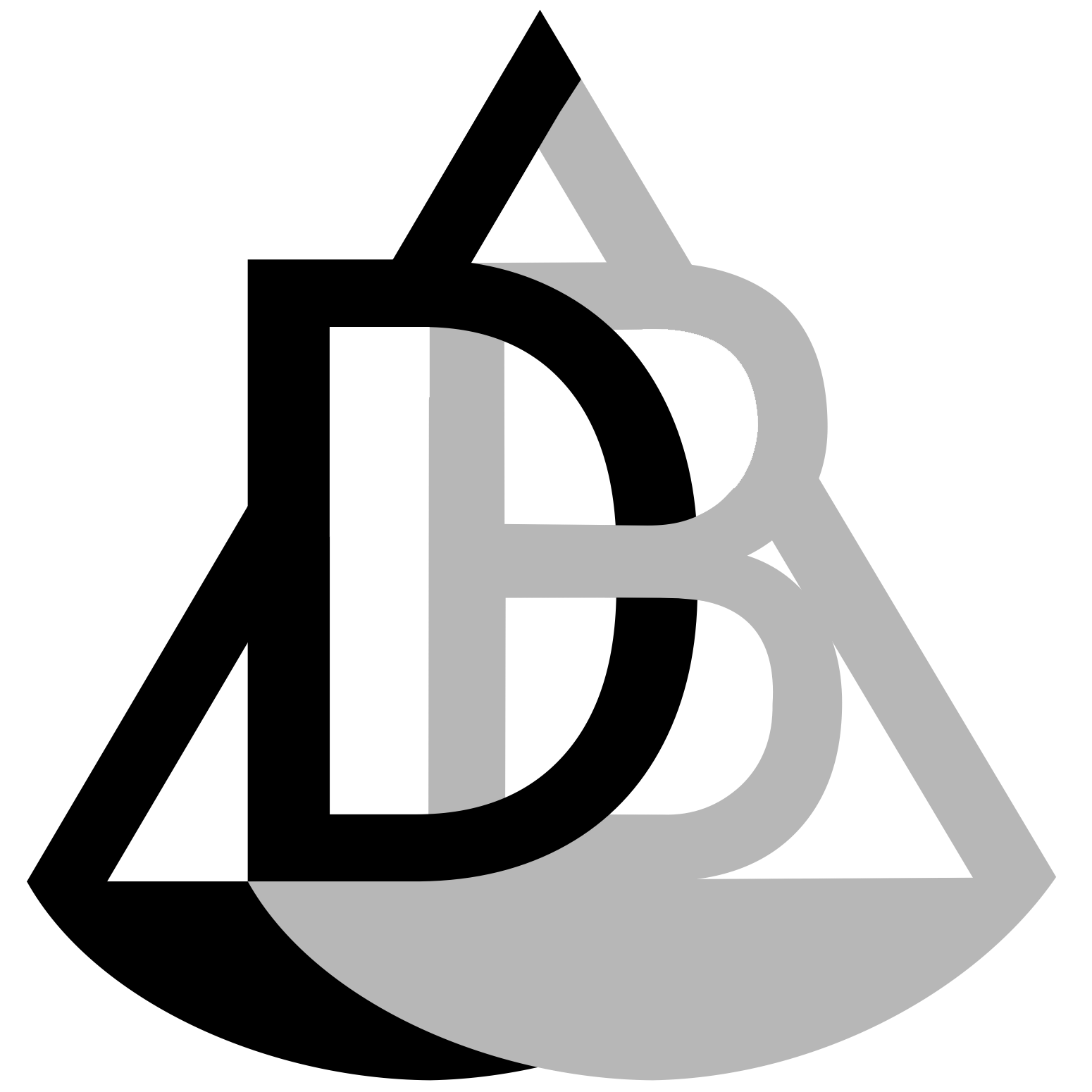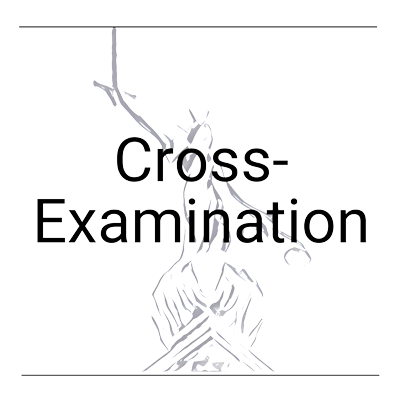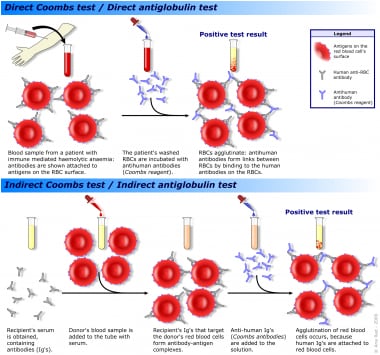Explain and Discuss the Difference Between Direct and Cross Examination
If a deposition is being taken because a witness may be unable to attend the trial the accused has the right to take part in that deposition and even cross-examine the deponent. With examination in chief the witness is allowed to tell their side of the story.
Leading questions therefore are used in cross-examination.
. The answers to closed questions generally have one answer or limited options such as YesNo or TrueFalse or choose one among the few like in MCQ. A closed question is a simple question that expects you to give a short answer. Due to increase in population getting a good job is not an easy task.
Conducted the direct examination with a couple of differences. Redirect examination performed by the attorney or pro se individual who performed the direct examination clarifies the witness testimony provided during cross-examination including any subject matter raised during cross. To cross-examine is to test in a court of law the evidence of an opposing witness.
On the other hand Selection is a process of hiring employees among the shortlisted candidates and providing them a job in the organization. The indirect technique uses an X-ray film scanner to view traditional dental X-rays as digital images. The objective is to cast significant doubt on the credibility of the expert.
In the case of Sat Paul v. This can obviously result in uncomfortable situations. Re-examination is an examination of a witness which is done by the parties to remove incompatibility which arises during the examination-in-chief and cross-examination.
Recruitment is a process of searching out the potential applicants and inspiring them to apply for the actual or anticipated vacancy. Section 154 of the Evidence Act allows a party who calls a witness to ask any question to their own witness like they are cross-examining him. A Subjective assessment is made without verifying the necessary information.
For example if you have taken an exam where you had to. In cross-examination you do not want the witness to tell the story. 1Cross-examination is an examination of a witness which is done by the adverse party after the examination-in-chief.
In law cross-examination is the interrogation of a witness called by ones opponent. The court might even enter a default judgment for the opposing partyDirect examination the examination of a witness by the attorney who calls the witness to the stand to testify on behalf of the attorneys client Cross-examination the questioning of an opposing witness during the trial. A subjective statement is relative to the person in concern.
Do not ask question unless there is a good reason for it. The direct examination of witnesses is the most important part of the trial. Come to the point as soon as possible.
An objective statement is provable and can be easily measured. One typical issue involves drawing a line between permissible leading. This is done by means of questions and in accordance with the following working rules.
Cross-examination may be more exciting and closing argument more eloquent but it is the direct examination of your own witnesses that will determine whether the jurors hear understand and remember the facts upon which your case is based. Unfortunately most lawyers do not cross-examine witnesses well and forget that the purpose of cross-examination is not simply to attack an adversary but to strengthen your own case. He makes a premise that two variables may be related in some way and then measure the value.
According to Section 137 of the Indian Evidence Act1872 the examination of a witness by the party who calls him shall be called his examination-in-chief. Describe the difference between direct and cross examination. While direct examination may be the hardest and most important part of any trial cross-examination is usually the most fun.
Differences between examination-in-chief and cross-examination. There are three stages in examination of a witness are as follows -. This short answer can be a single word or a short phrase.
It is preceded by direct examination and may be followed by a redirect. Direct examination refers to a lawyers questions of his or her own witness. Showup In some cases usually soon after the alleged commission of a crime a witness or victim will be presented with one potential defendant.
The semi-indirect digital technique combines a sensor and scanner to convert dental X-rays into digital film. Do not argue with a witness. Cross Examination Rules Strategies and Traps to Avoid.
The direct method uses an electronic sensor placed in the mouth to record images. The prosecutions questioning of that witness is direct examination. What is Correlational Research.
For example in a robbery case the prosecution might call to testify a witness who claims that the defendant is the culprit. Sometimes a witness can turn hostile and it is necessary for the party that called a witness to cross-examine him if such a situation occurs. The defense lawyers questioning of the same is cross-examination.
The cross-examiner has license to use repetition despite Rule 403 to probe the testimony and may use leading and suggestive questions and demand a responsive non-evasive answer but may not unnecessarily harass or embarrass the witness. In the United States these statements generally cannot be used at the later trial unless the defendant opens the door to inclusion on direct or cross-examination. You indicate the point you wish to make and put it to the witness.
This is a method of stating or storytelling the truth in. There are clear cut differences between experimental and correlational research methods that will be highlighted in this article. The objective of cross examination of an expert is not to attempt to refute every point the expert has made on direct examination.
As the name implies the researcher looks to establish relationships between two variables. Direct examination is when your questioning your own witness Cross Examination is when the other lawyer questions your witness The crux of the criminal trial is the. It should be noted that the direct and cross-examination of a witness can become heated but this is even more true in one particular case.
An Objective observation or assessment is made after necessary information is verified.

Cross Examination Defence Barrister Co Uk

Cross Examination Questions Examples Survey Questions To Ask Types Of Survey Questions Leading Questions

7 Keys To A Winning Direct Examination Of An Expert Witness Mock Trial Nerd Expert Witness Criminal Psychology Mocking

Cross Examination Defence Barrister Co Uk

Admissibility Of Forensic Evidence In The Court Of Law Law Court Facts Forensics

Mock Trial By Jury Public Speaking Activities Persuasive Writing Jury

The Concept Of Communication Dance 1970 Journal Of Communication Wiley Online Library Journal Lists Intercultural Communication Communication

Cross Examination Questions Examples Survey Questions To Ask Types Of Survey Questions Leading Questions

Cross Examination Definition Techniques Examples Video Lesson Transcript Study Com

Cross Examination Defence Barrister Co Uk

Chapter 3 What You Need To Know About Evidence Introduction To Criminal Investigation Processes Practices And Thinking

Cross Examination Defence Barrister Co Uk

Direct Antiglobulin Testing Overview Clinical Indications Applications Test Performance

Direct Question What Is A Direct Question

What Is The Difference Between A Dissertation A Thesis And A Capstone Project Best Essay Writing Service Essay Writing Help Academic Writing Services

Comments
Post a Comment